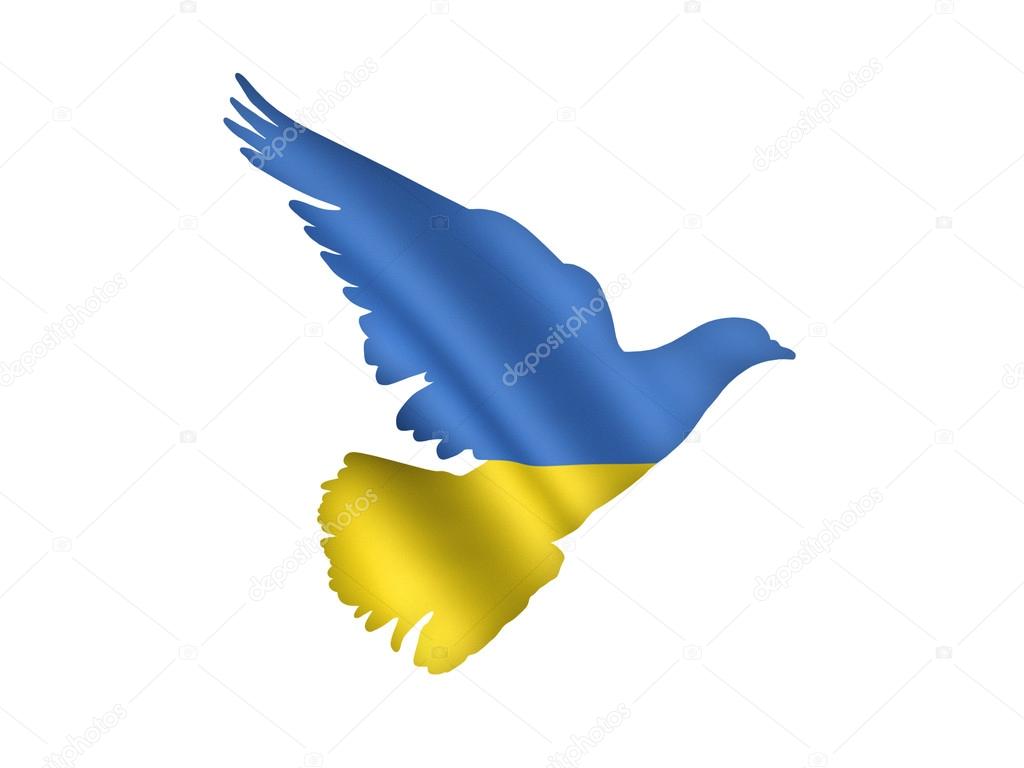The announcement that a peace agreement between Russia and Ukraine may be imminent has sent ripples through global markets, catching many analysts off guard. The prospect of peace is expected to have far-reaching implications, particularly for food and energy prices worldwide.
Fertilizer stocks, such as Nutrien Ltd. (NTR), initially dropped Thursday as investors braced for an influx of nitrogen supplies to the global market. Before the war, Ukraine accounted for roughly 25% of Europe’s nitrogen fertilizer demand and supplied about 10% of the world’s total nitrogen needs, according to data from the International Fertilizer Association. A resolution to the conflict would allow Ukrainian production and exports to resume, potentially lowering input costs for farmers across the globe.
The energy sector is also poised for significant shifts. A peace agreement would enable Russia’s petroleum industry to operate without restrictions or covert shipments, easing global supply constraints. Analysts at the International Energy Agency (IEA) suggest that a return to normal production levels could lead to lower crude oil and natural gas prices, a welcome development for both agricultural producers and consumers worldwide.
Ukraine, a major agricultural exporter, could also see its grain production—wheat, corn, and sunflower oil—return to full capacity. The war has severely disrupted supply chains, contributing to price volatility in global food markets. According to the U.S. Department of Agriculture (USDA), Ukraine typically supplies around 10% of the world’s wheat exports. A return to stability could drive down food prices, a shift that would have deflationary effects on global commodity markets.
From farmers in Iowa to those in Córdoba, Argentina, the prospect of peace in Eastern Europe signals relief from soaring input costs. While geopolitical challenges remain, the potential economic benefits of a resolution underscore why policymakers—U.S. President Donald Trump—have advocated for diplomatic efforts to end the war.



